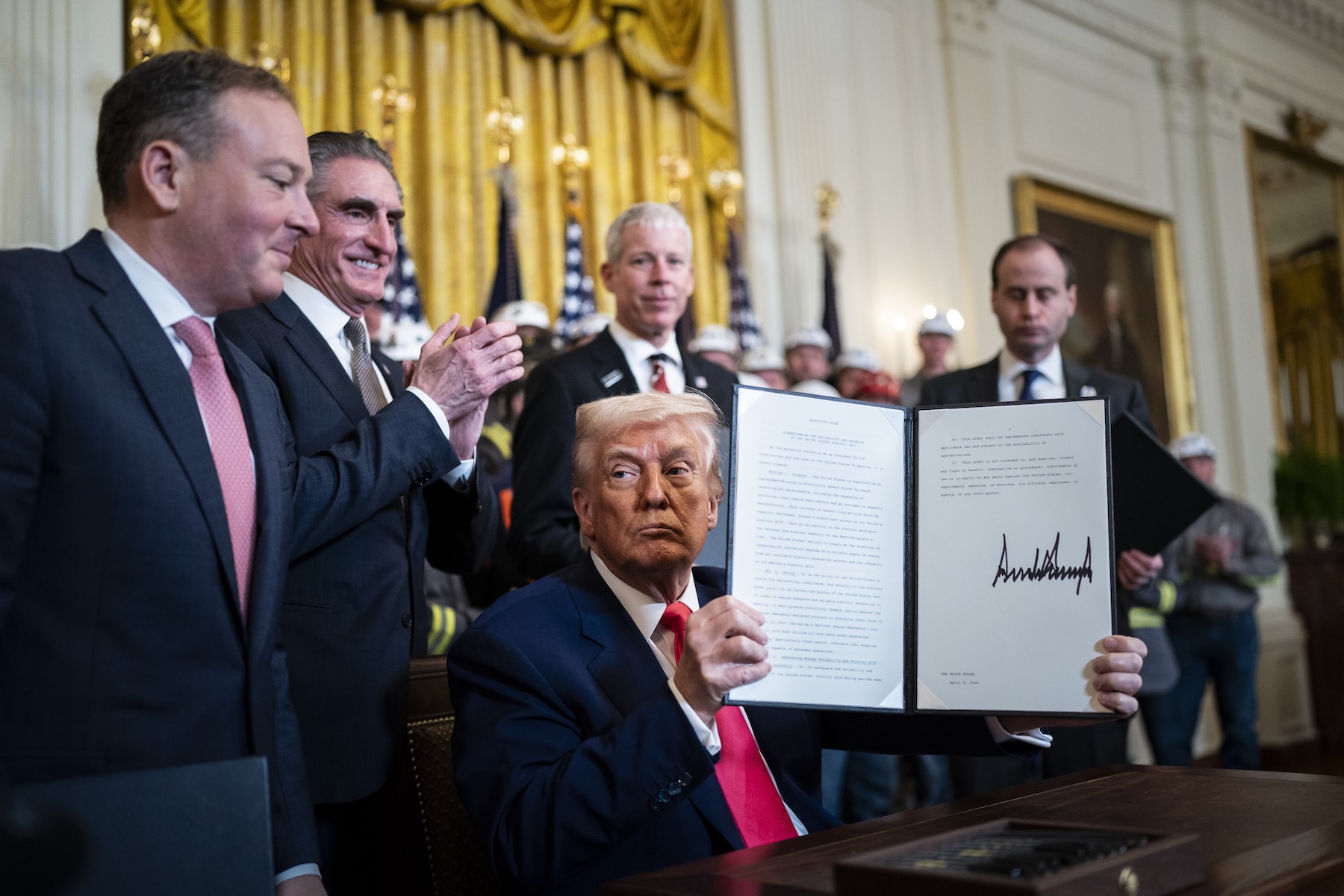The Trump administration's recent halt of the nearly completed Revolution Wind offshore project underscores a significant tension between renewable energy development and national security rhetoric. Acting Bureau of Ocean Energy Management director Matthew Giacona's order to stop construction, citing unspecified national security concerns, raises questions about the motivations behind such a decision. This is the second time this year that the administration has interrupted offshore wind projects, following a similar pause on New York's Empire Wind project. The previous interruption cost the developer nearly $1 billion and nearly led to project cancellation; the current situation, with the project 80 percent complete, threatens to exacerbate financial instability for Ørsted, the Danish developer, which is already seeking billions in funding to complete its U.S. projects.
The implications of this stop-work order extend beyond immediate financial concerns; they reflect a broader strategy by the Trump administration to undermine renewable energy initiatives in favor of fossil fuel interests. The rationale of national security has been met with skepticism from industry veterans, who argue that military concerns have been adequately addressed during the extensive regulatory review process. As Rhode Island Governor Dan McKee and Connecticut Governor Ned Lamont prepare to contest this decision, the potential for litigation looms. This situation highlights the ongoing struggle between state-level renewable energy commitments and federal policies that may prioritize short-term political objectives over long-term sustainability goals, raising critical questions about the future of offshore wind energy in the U.S.






